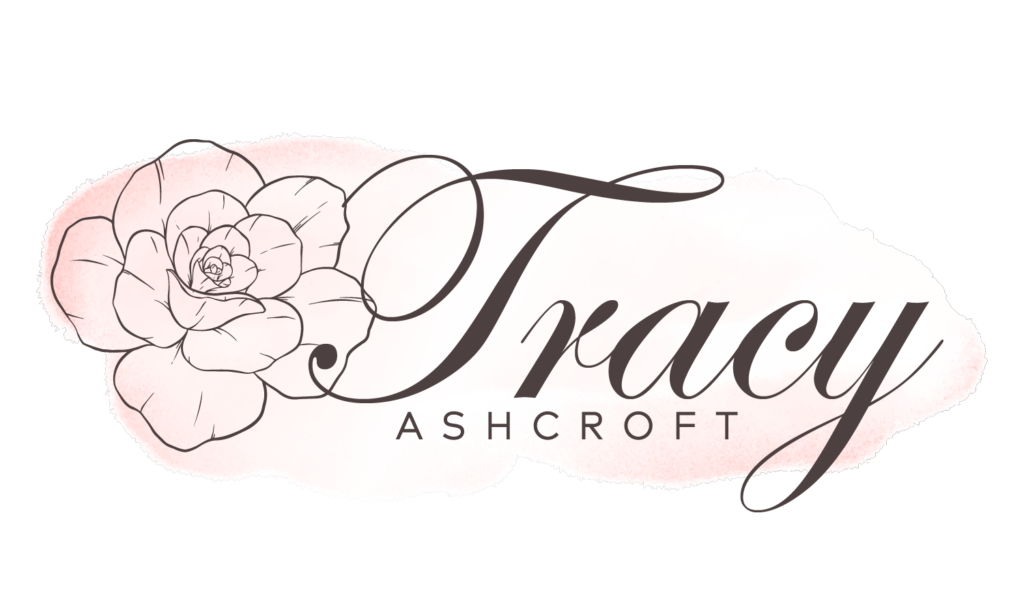A guide to Good Health
A guide to good health involves covering many different factors in life. This article will consider each of these factors and will look at how striving to achieve happiness in each of these areas will lead to a good work / life balance and better health in the individual.
Firstly, lets define a work / life balance. This is one in which there is clear barriers between work and your personal life and neither one dominates. We should strive to be productive at work and have enough time to spend on our personal life. It does not mean there is necessarily an equal amount of time spent on each but that the time that is spent is balanced.
As well as being productive in work, work relationships with colleagues and management should be solid to improve your overall performance and have a positive impact on mental health. Taking time to spend with your colleagues and refraining from gossiping will all help in improving relationships in work. Being trustworthy, reliable, supportive and respectful; as well as meeting those deadlines, improves your self-worth.
A job that is fulfilling with always increase happiness and it may be necessary to look at advancing your career to improve your quality of life. Taking your breaks is also important and can lead to a more positive mood, better mental efficiency and an energy boost.
In one`s personal life, maintaining good relationships with your family has also been found to have a positive effect on good mental health*. Better relationships are forged by scheduling time to spend with your family. Being there in their time of need, providing sound advice and emotional support all count towards a healthy relationship.
Trying not to harbour negative thoughts and feelings and resolving disagreements quickly and effectively will allow you to spend more enjoyable time with the family.
In fact, making time for leisure is a key factor that should be reviewed. Leisure can be spent in many ways whether taking part in activities, watching a movie, listening to music, engaging in a hobby or visiting sites. The time spent should be fun or relaxing and you may also use this time to meet new people and build relationships with your family or friends.
Keeping yourself fit also counts toward good physical and mental health. Taking part in a yoga class, pilates or joining a gym, for example, can help you with stress control and relaxation.
Relaxation “can lower your blood pressure, heart rate, and breathing rate, and activate the opposite of the stress response: the relaxation response.”**
In summary, Leisure may expand your knowledge, increase your fitness and overall, it will enhance your life. Psychology today states that Leisure is associated with lower levels of anxiety, depression and stress whilst also improving mood and self-esteem. Those that engage in leisure report greater satisfaction with their lives overall***
Another area to consider is a healthy diet. See the general guidelines provided by the Eatwell Guide****. As well as the physical benefits of a healthy diet there are also mental health benefits where a good diet will reduce stress and depression whilst improving concentration and energy.
Better control of finances is also proven to contribute towards better health. Those who carry high debt risks suffer more stress. If you have high financial risks and stresses your four times likely to get some sort of health condition*****
The My Guided Journal works through each of the topics identified above to help the individual obtain a rounded approach towards achieving happiness and good health.******
In conclusion good health is made up of many factors and a balanced approach to all of these will help maintain good physical and mental well-being.
* Family factors contribute to mental health conditions – a systematic review
S Marth, N Cook, P Bain, J Lindert
** Psychology today
*** Mind
****Eatwell Guide by the NHS
***** Web MD
******My Guided Journal by Tracy Ashcroft

